Learn about prostate cancer treatment and related life changes
Prostate cancer is a lot to get your head around—from dealing with your emotions to going through different tests, deciding which treatment to have, and coping with treatment side effects. Find the information most relevant to you as you navigate life after a prostate cancer diagnosis.About Prostate Cancer
About PSA Testing
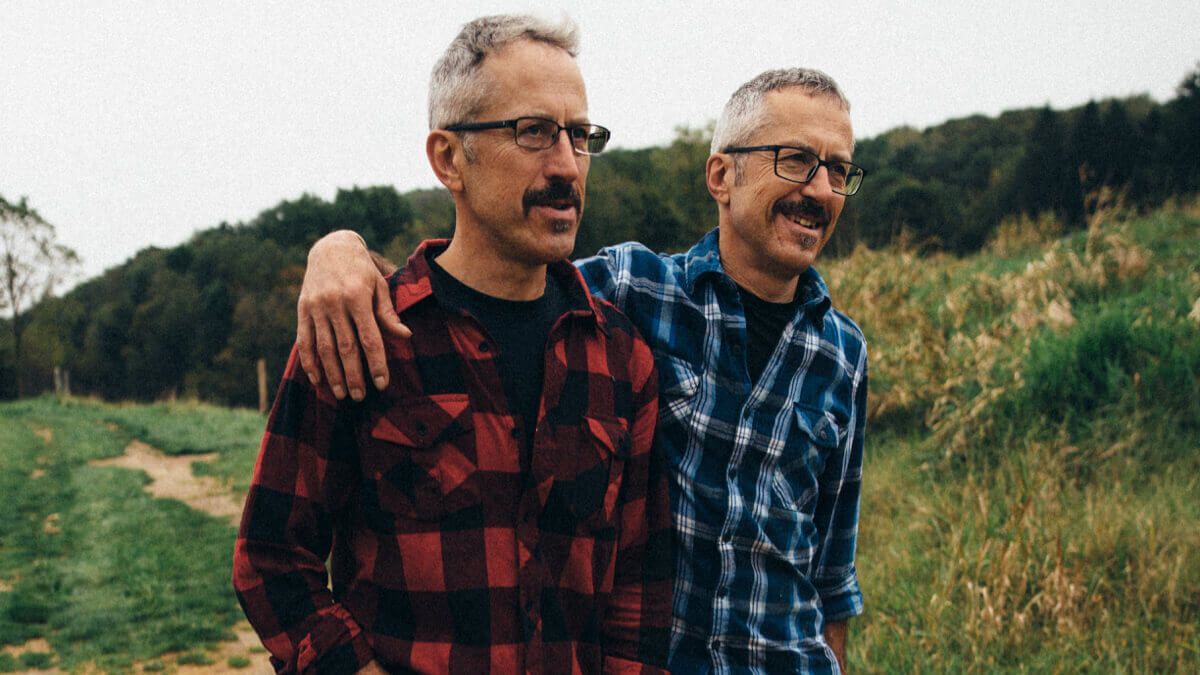
Treatments
Surgery and radiation therapy are the most common treatments for prostate cancer, but there are several other options as well. Learn about the different treatments and what side effects to expect.
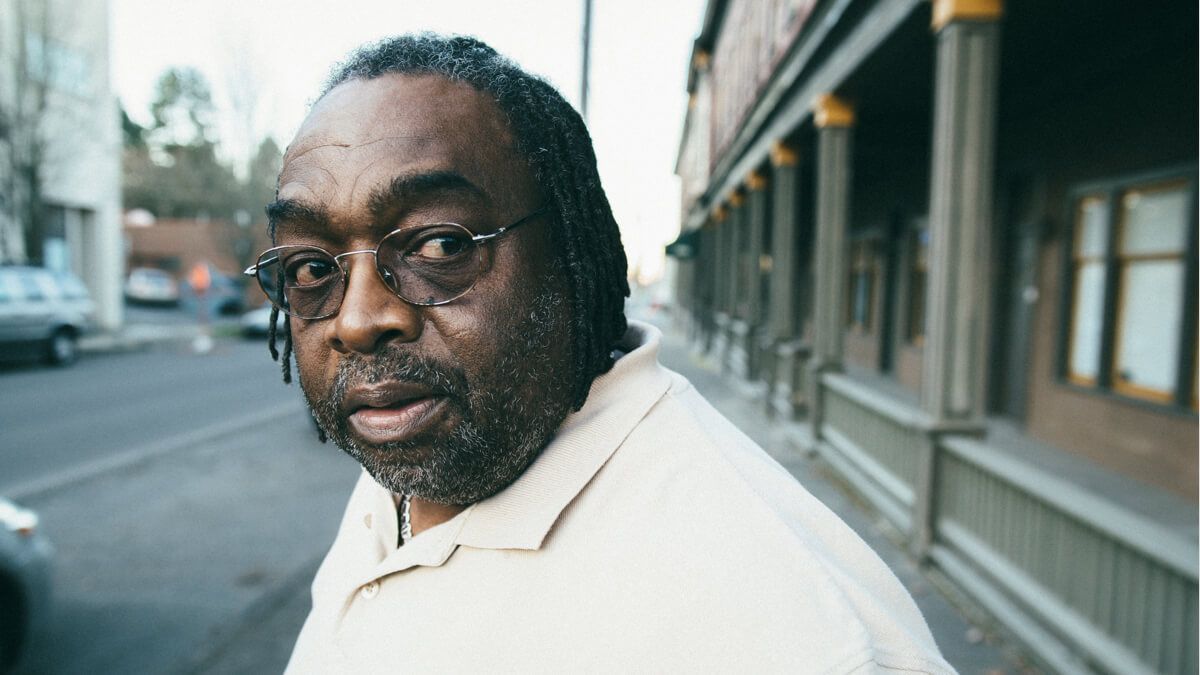
Urinary problems
Learn how to deal with leaks and other urinary issues that can occur after prostate cancer treatment. They are especially common after surgery and radiation therapy.
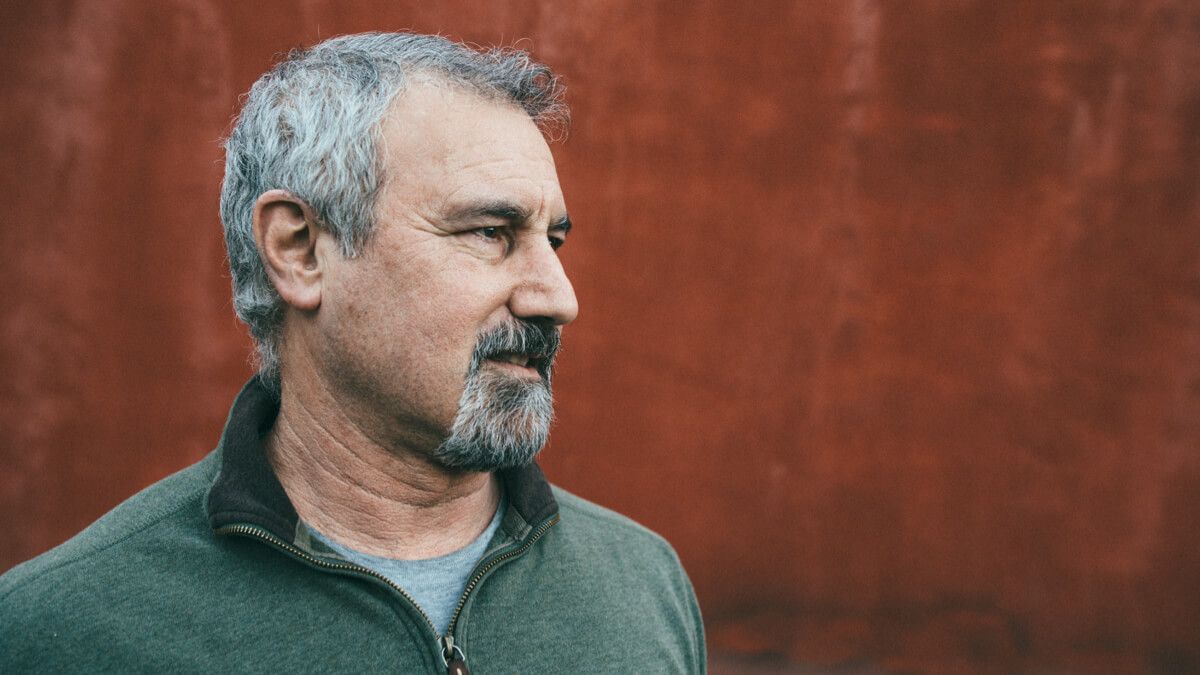
Bowel issues
You might experience constipation and other changes to your bowel habits after surgery or radiation therapy for prostate cancer. Learn how to take charge of your symptoms.
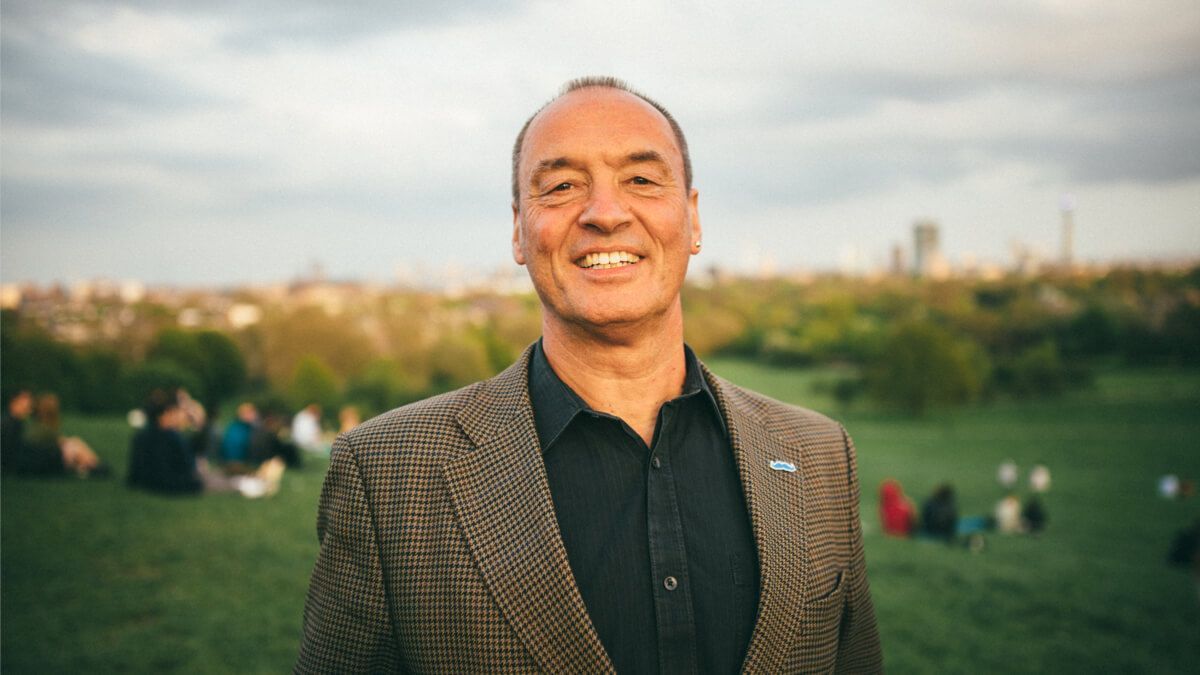
Fatigue
Fatigue is more than just tiredness—it’s feeling exhausted and drained of energy for long periods. It can have a real impact on your everyday life, but there are ways to take action.
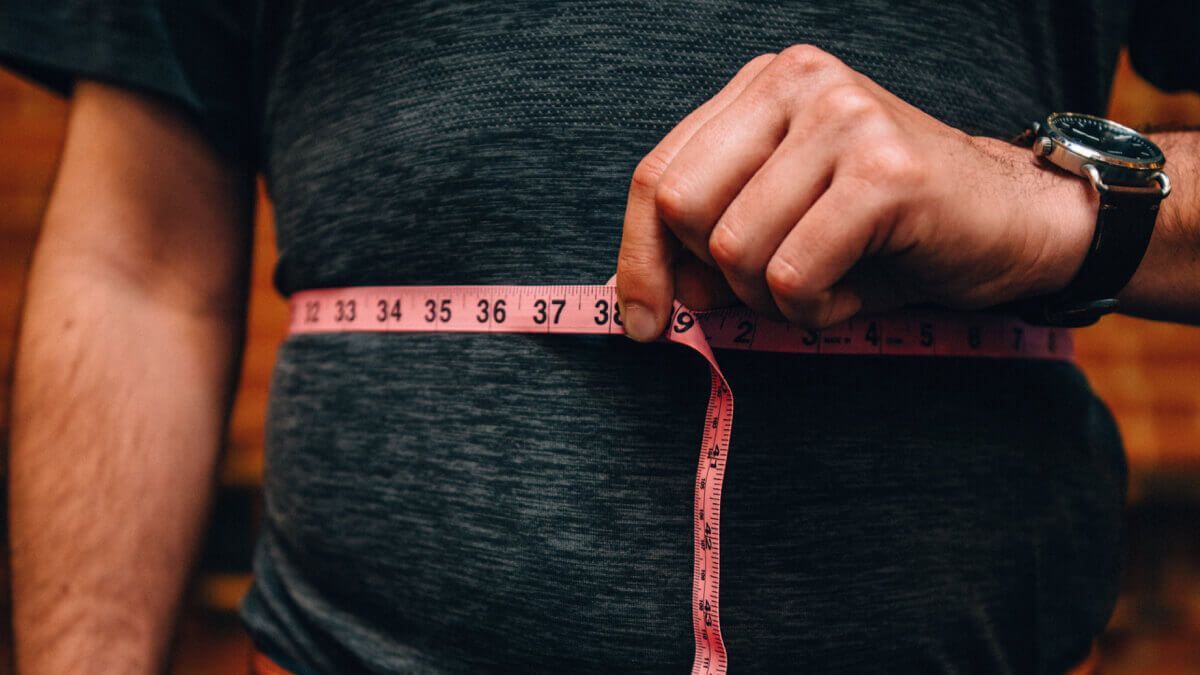
Diet and exercise
A healthy lifestyle can improve side effects and even success of prostate cancer treatment. Learn about different types of exercise and healthy food choices.
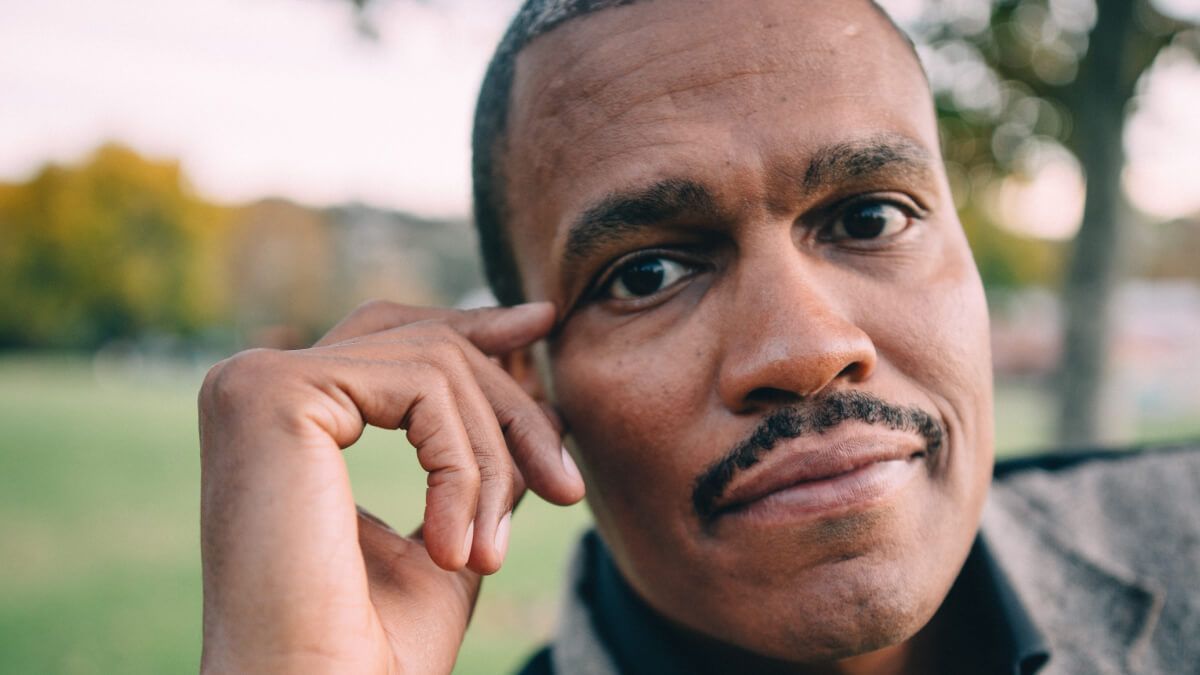
Coming to terms
You may be feeling angry, sad, anxious, or depressed about having prostate cancer. This is normal. Learn how to deal with the ups and downs, and where to go for help.
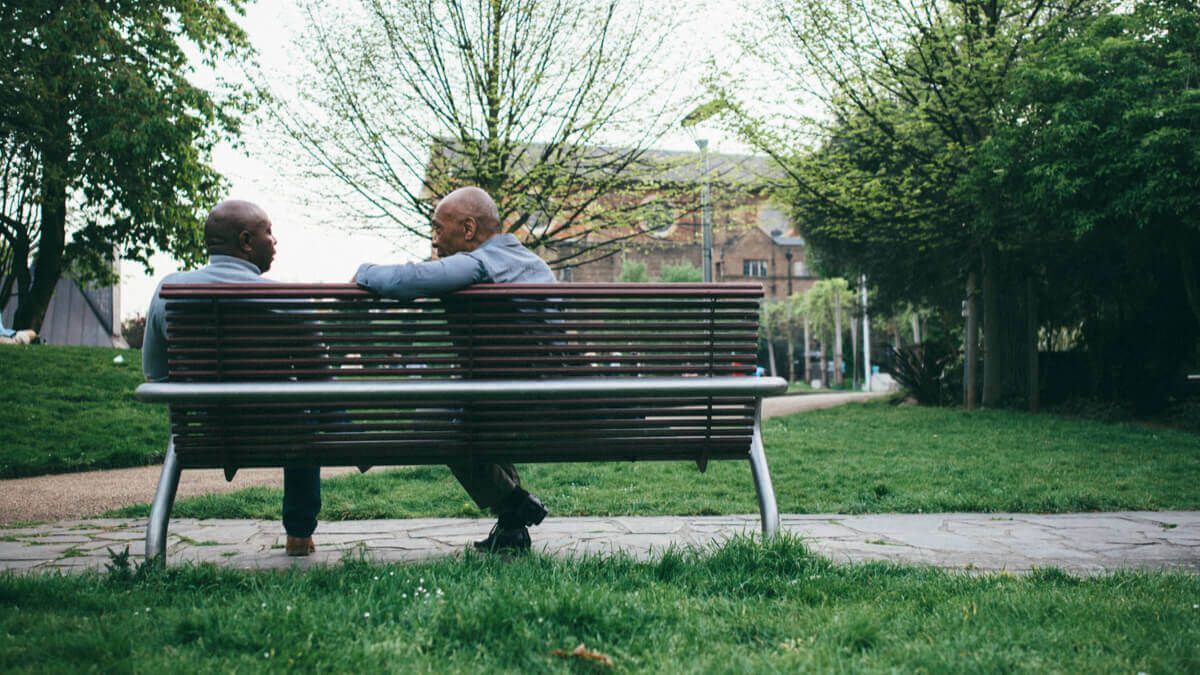
Advanced prostate cancer
While cancer that grows and spreads beyond the prostate cannot be cured, there are treatments available to keep it under control.